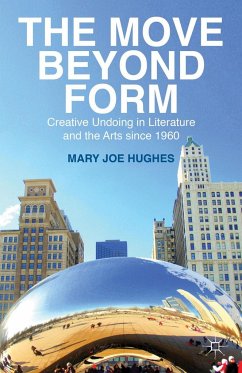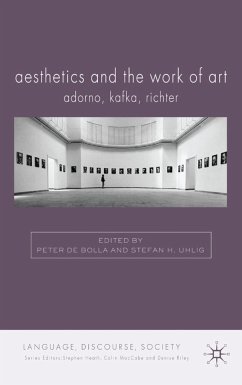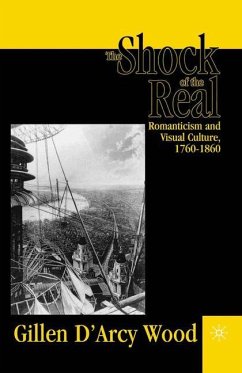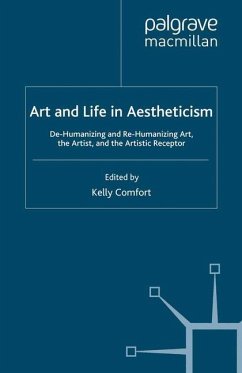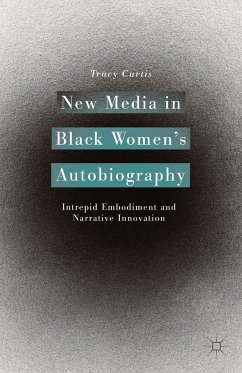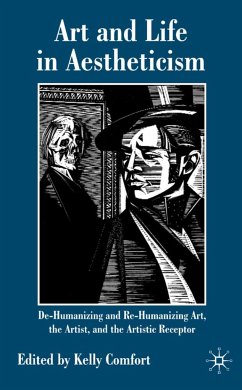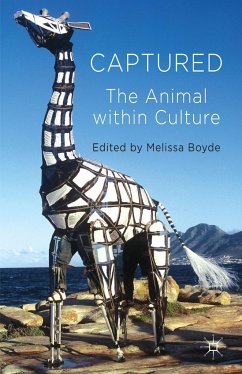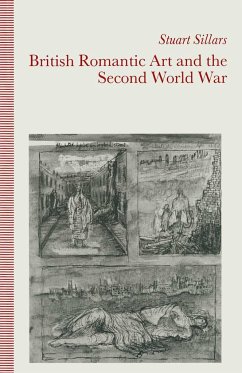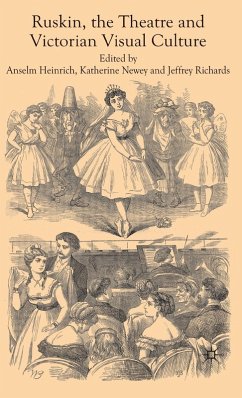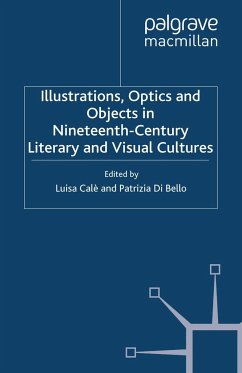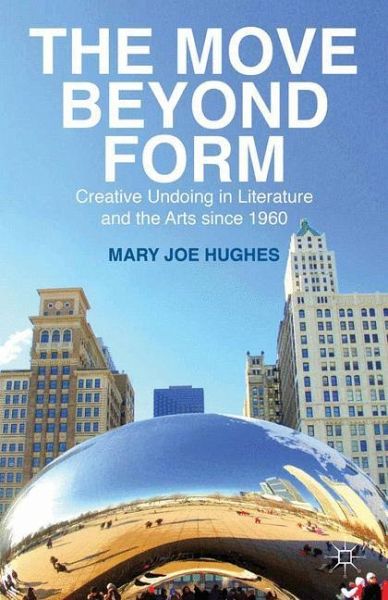
The Move Beyond Form
Creative Undoing in Literature and the Arts since 1960
Versandkostenfrei!
Versandfertig in 6-10 Tagen
38,99 €
inkl. MwSt.
Weitere Ausgaben:

PAYBACK Punkte
19 °P sammeln!
Fictional narratives of the late twentieth century often cross boundaries. This study argues that the undoing of structure in postmodern art form demands a different way of thinking and represents a commentary on the material and social conditions of the late twentieth century and beyond.



